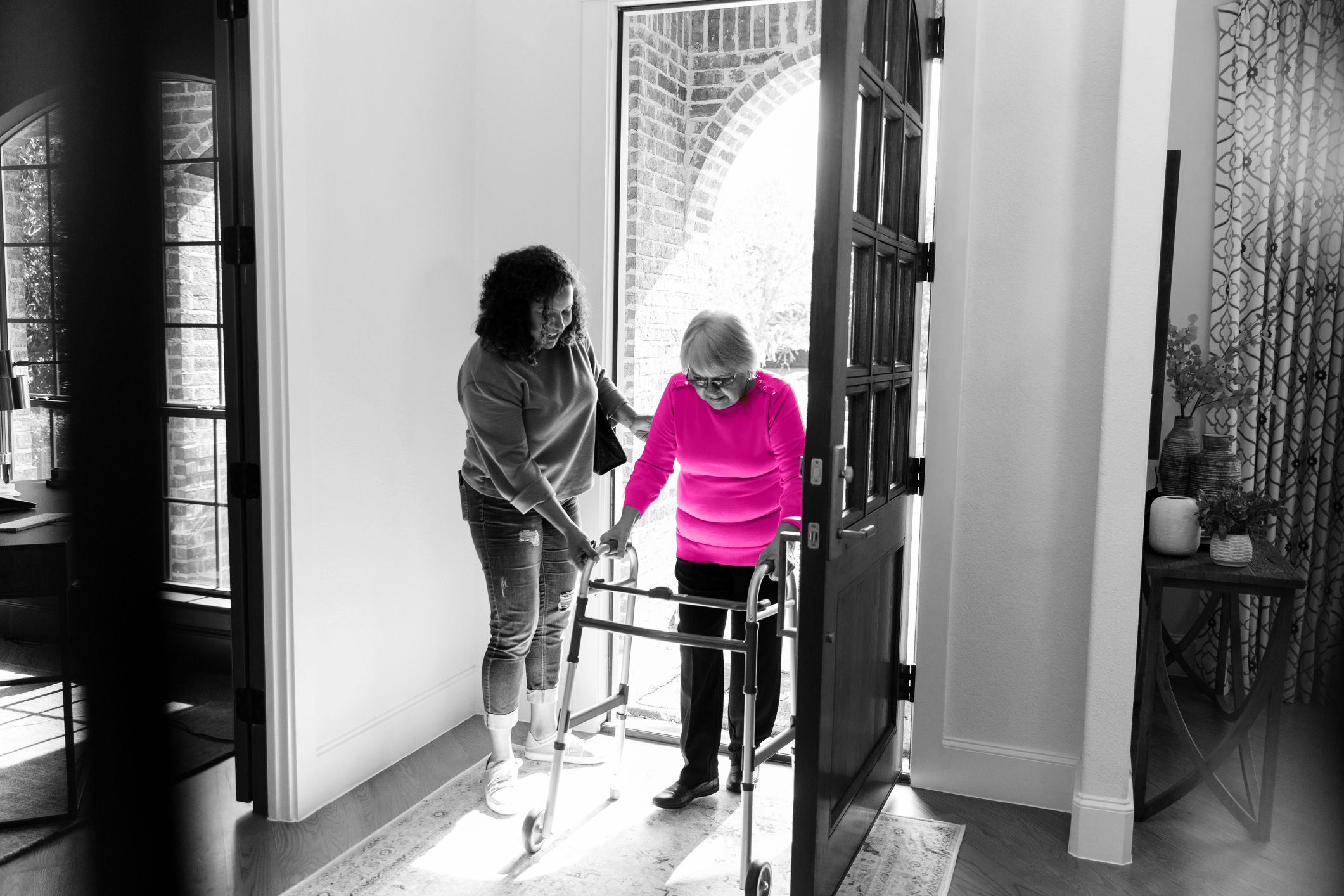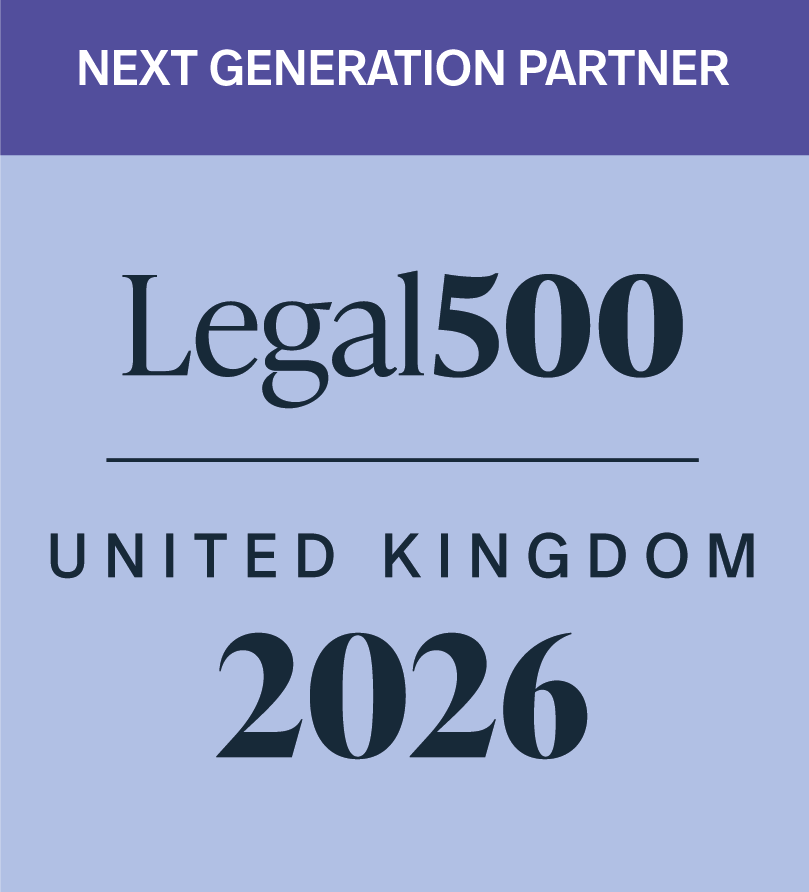“The Inheritance”
A new short series has hit our screens on Netflix and the Fraser Dawbarns Dispute Resolution team couldn’t help but consider the many legal aspects that were highlighted.
The plot is centred around a family where the mother died some years previously and the father died unexpectedly, leaving three adult children. The son had seen a Will and was convinced that the three children were the beneficiaries, only to find out that there was a subsequent Will and the three children were left with nothing.
The series follows the siblings as they navigate the depths of emotion created by the loss of their father, as well as the relationships they had with each other. They discover that their father had married another woman some years before and had left everything to her. This decision by their father would throw up many questions, including whether they even really knew him.
Intestacy
In this drama, the father had made another Will. However, if he had remarried without making a new Will, he would have died intestate, in other words without leaving a valid Will. The act of remarrying would have revoked his earlier Will.
In such circumstances, the estate would be administered in accordance with the intestacy rules. If the deceased was married, the spouse would take their share (all personal property, the first £322,000 of the estate and half of the remaining estate) and the remainder would be shared equally between the children.
Discover more about Fiona Thorpe
If the deceased was not married, the estate would be shared equally between the children. Both of these circumstances can cause disputes, for instance if one child cared for the parent and another was estranged. Under the intestacy rules both would inherit equally, which might feel unfair.
Validity of the Will
Administering a loved one’s estate can become more difficult if the process highlights tensions that have long been buried, particularly if the siblings inherit different amounts under a Will. It is crucial therefore that the Will is valid.
The document must be validly drawn up in accordance with the Wills Act 1837; it must be in writing, signed, witnessed, made voluntarily and the person making it (the testator) to be at least 18 and of sound mind.
A Will can be challenged if it is believed that someone put pressure on the testator to leave them something under the Will. Similarly, if it is believed that the testator didn’t have the mental capacity to understand the consequences of making the Will.
Dispute Resolution
If there is concern over the validity of a Will, going to Court should be the last resort due to the cost and how time-consuming it can be. The best thing to do is try to reach an agreement within the family, if however that is not possible then mediation is a way to understand the issues in a less confrontational way.
Mediation sees an independent mediator sitting down with the parties to try to narrow the issues and reach an agreement. Your solicitor would be with you to ensure that you felt your voice was being heard. Mediation is also a way of settling a dispute that could enable the fractured relationships to heal in the future.
Why Choose Fraser Dawbarns?
Estate disputes are rarely just about the money and we always approach a situation with empathy and diplomacy, while offering practical tips and guidance, as well as a sound understanding of the law.
We can provide you with clear advice on what to if you believe you have a claim or if you are worried that a loved one’s Will may be invalid. For individual advice, please contact the Dispute Resolution department.
How To Contact Us:
To contact a member of our team, you can fill in our online enquiry form, email info@fraserdawbarns.com, or call your nearest office below. If you’d like to speak to a member of our team at one of our offices across Norfolk and Cambridgeshire, visit our offices page.
Wisbech: 01945 461456
March: 01354 602880
King’s Lynn: 01553 666600
Ely: 01353 383483
Downham Market: 01366 383171
This article aims to supply general information, but it is not intended to constitute advice. Every effort is made to ensure that the law referred to is correct at the date of publication and to avoid any statement which may mislead. However, no duty of care is assumed to any person and no liability is accepted for any omission or inaccuracy. Always seek advice specific to your own circumstances. Fraser Dawbarns LLP is always happy to provide such advice.
Related Articles
Recommended By The Legal 500 Directory*
*We are recommended for the following practice areas: Corporate and Commercial, Debt Recovery, Employment, Personal Injury: Claimant, Agriculture and Estates, Contentious Trusts and Probate, Family, Personal Tax, Trusts and Probate & Commercial Property.
ServicesContact















